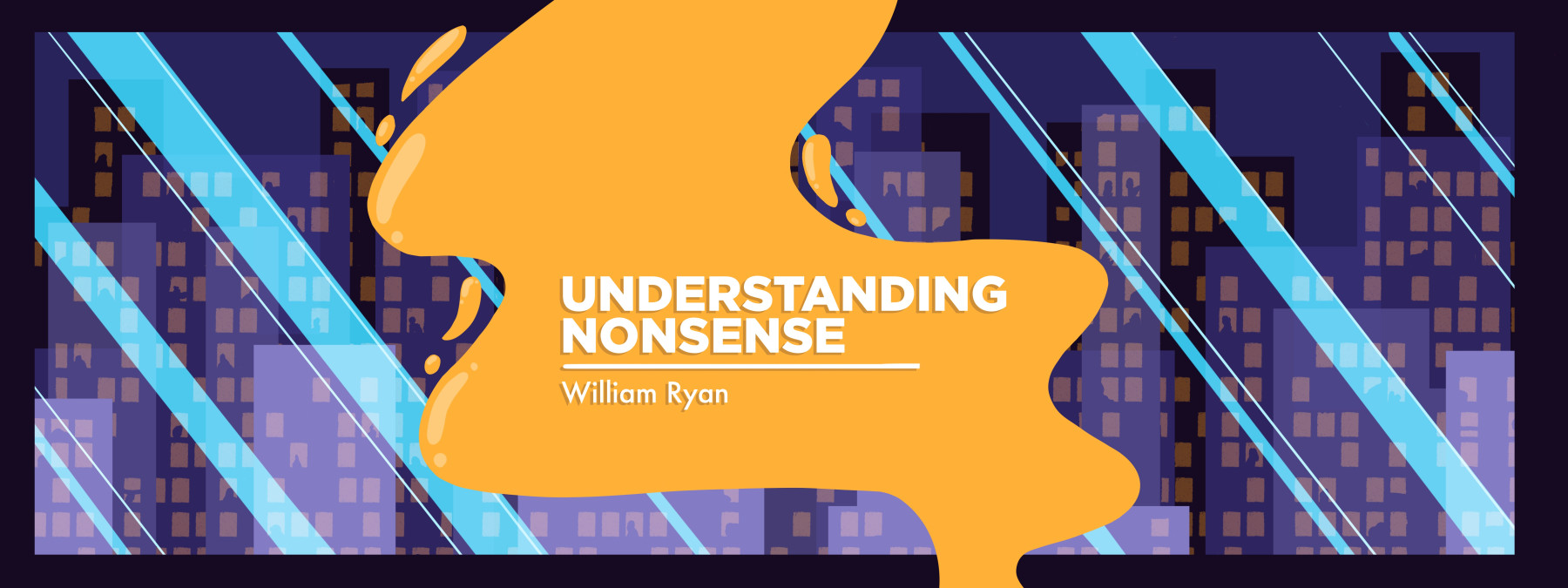3 ways I combat brain fog when I don’t get enough sleep
When this condition hits, it's tough for me to focus on the tasks at hand

At least twice a week, as I’m lying in bed, I can hear the voice of Paulie Walnuts from “The Sopranos” whispering one of his famous quotes in my ear: “A man needs his seven hours. Keeps his mind sharp.”
Aside from the hilarity of that scene, Paulie has a point. Most people need six to eight hours of sleep a night. Like many people with cystic fibrosis (CF), I don’t always get enough sleep because of many reasons, including a bothersome cough, bowel issues, and existential anxiety.
That annoying CF cough loves to hit me right when I’m trying to rest. After a night of disturbed sleep, I struggle to remember things or focus on simple tasks, not to mention other activities that are asked of me. We in the rare disease community call it “brain fog,” and it happens more than we’d like to admit.
Five years ago, CF News Today published a column by Wendy Caroline with four tips she uses to deal with brain fog. In this column, I’ll add three more to her list for those days when brain fog is caused by sleep deprivation.
1. Write everything down
This tip may seem like a no-brainer, but sometimes I need a reminder to write myself reminders of what I need to do.
One of the best things about smartphones are apps like Apple’s Notes and Microsoft’s OneNote. I can’t tell you how many shopping lists are still in my Notes app, years later. I write everything down — from unfinished chores to jokes that pop into my head.
2. Drink water
Did you know that people can go longer without eating than they can without drinking water? According to Insider, some people can survive weeks without eating food, but most can only live two to four days without water. I don’t recommend doing either of those, but you really do need to drink water.
Not only can you not survive long without it, but according to a 2012 review in the Journal of the American College of Nutrition, “Being dehydrated by just 2% impairs performance in tasks that require attention, psychomotor, and immediate memory skills, as well as assessment of the subjective state.”
When I stay hydrated by drinking from a 33-oz. water bottle throughout the day, I’m putting myself in a better position to remember what I’m doing.
According to the Berkey water filter company, drinking water first thing in the morning helps fuel the brain, like adding gas to an empty tank, to provide energy and focus. If water occupies about 75% of a human’s brain, I reckon it’s important to replenish it.
3. Eat your protein
It’s also important to consume enough protein. According to the Cystic Fibrosis Foundation, “experts recommend that those with a chronic disease should get 1.5 grams of protein per kilogram of body weight per day and more during an exacerbation. … The recommended dietary allowance for those without CF is 0.8 grams per kilogram of body weight per day.”
I’m not a vegan by any means — I enjoy steak tacos and chicken parmigiana way too much — but I do believe in the power of good plant proteins. Every day, I have a small bag of almonds and half of an avocado to balance out the deli meats and carbs I eat daily. Almonds are known for improving brain health and cognition.
These are three simple tips I use to combat brain fog when I don’t get enough sleep. Good health and adequate sleep go hand in hand. But when you can’t get enough, try these tips and let me know what you think in the comments below.
Note: Cystic Fibrosis News Today is strictly a news and information website about the disease. It does not provide medical advice, diagnosis, or treatment. This content is not intended to be a substitute for professional medical advice, diagnosis, or treatment. Always seek the advice of your physician or other qualified health provider with any questions you may have regarding a medical condition. Never disregard professional medical advice or delay in seeking it because of something you have read on this website. The opinions expressed in this column are not those of Cystic Fibrosis News Today or its parent company, Bionews, and are intended to spark discussion about issues pertaining to cystic fibrosis.









Anthony M Palmiero
Great job Will. Love You
William Ryan
Thanks! Love you too!
Helen Palmiero
Hi Will! Loved your Brain Fog column - very informative! I, too, am a member of "the rare disease community" of“ brain fog, having dealt with it for the past 12 years or so. Sometimes it can make life quite interesting! We brain fogged people have to think A LOT! Regarding your Tips, I try to write things down or put it in my phone's Notes, but then I STILL forget where I put them. Also, I haven't seen much improvement in my brain fog from 12 years of protein and water but I do get enough sleep. My brain fog is chemically induced and my aging is also a factor. I do find, however, that crossword puzzles and other word games seem to help a lot. Maybe you can consider that as another one of your Tips. I love the way your columns help not only the CF-afflicted but also so many others. Keep up the good work. Love you!